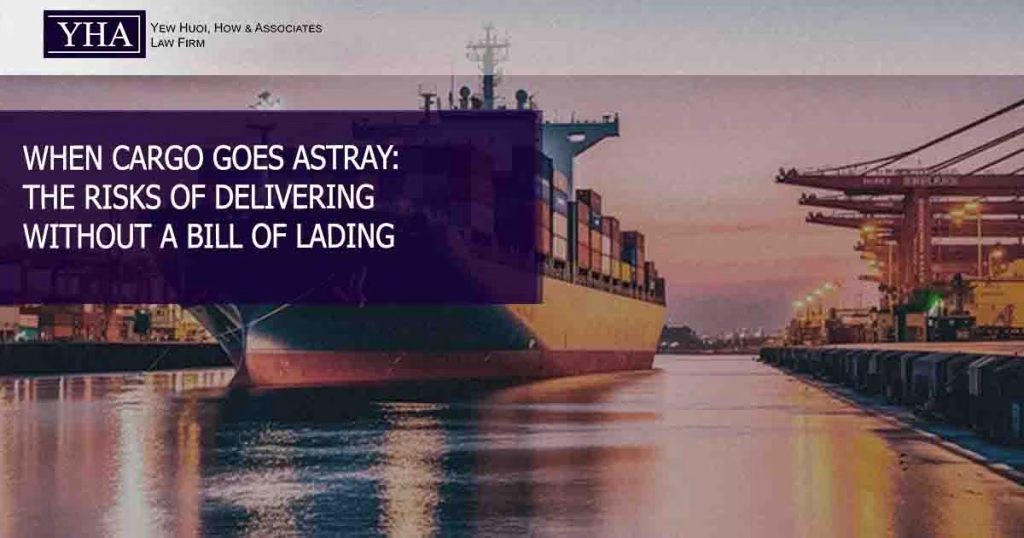Summary and Facts:
UniCredit Bank AG (claimant) financed a cargo purchase for Gulf (the buyer), while Euronav NV (defendant) was the owner of the vessel Sienna, chartered by BP (the seller).
BP sold a cargo of low-sulphur fuel oil to Gulf, with UniCredit financing the deal. Euronav issued a bill of lading on 19.02.2020, showing BP as the shipper. Gulf defaulted on its payment to UniCredit, but before this, Euronav delivered the cargo through a ship-to-ship transfer without requiring the presentation of the original bill of lading.
The bill of lading was consigned “to order” and was endorsed to UniCredit on 07.08.2020, after the cargo had already been discharged in April-May 2020. This delayed endorsement created a central legal issue in the case.
Legal issues:
i. Failure to Collect the Bill of Lading – Euronav delivered the cargo without retrieving the original bill of lading, a serious oversight for any shipowner. This left the bill of lading in circulation, and it was later endorsed to UniCredit, who then sought to claim for misdelivery. The bill of lading serves as a document of title, and its possession signifies the right to claim the cargo. By failing to collect it, Euronav exposed itself to legal claims even after the cargo was delivered.
ii. Misdelivery – The failure to require the original bill of lading before delivering the cargo constituted a misdelivery. Although Euronav argued that UniCredit was aware of the discharge, the court found that the shipowner had breached its contractual obligations by delivering the cargo without the bill. This act created the risk of double claims, as UniCredit, having received the endorsed bill, was entitled to sue despite the cargo already being delivered.
iii. Endorsement After Discharge – The endorsement of the bill of lading to UniCredit post-discharge complicated the case.
iv. Owner’s Responsibility – Shipowners are contractually obligated to deliver cargo only against the presentation of the bill of lading. In this case, Euronav’s decision to release the cargo without the bill represented a significant breach of duty. By allowing the bill of lading to remain in circulation, Euronav created legal complications and potential liabilities, even though it believed the discharge was authorized.
Outcome:
While the Court of Appeal upheld that a bill of lading can still evidence a contract of carriage after the novation of the charterparty, it dismissed UniCredit’s claim on the grounds of causation. UniCredit’s approval and knowledge of the discharge weakened its case, as the court found that any breach by Euronav did not directly cause UniCredit’s financial loss.
Conclusion:
This case serves as a reminder of the critical importance of the bill of lading in maritime trade. Shipowners must exercise caution and always ensure that the original bill of lading is returned before releasing cargo. Failing to do so exposes owners to potential misdelivery claims, even if the cargo has already been lawfully discharged. For parties financing such transactions, the timing of endorsements can also heavily influence their ability to enforce their rights.
Reference cases:
- Unicredit Bank AG v Euronav NV [2024] 1 Lloyd’s Rep. 177

